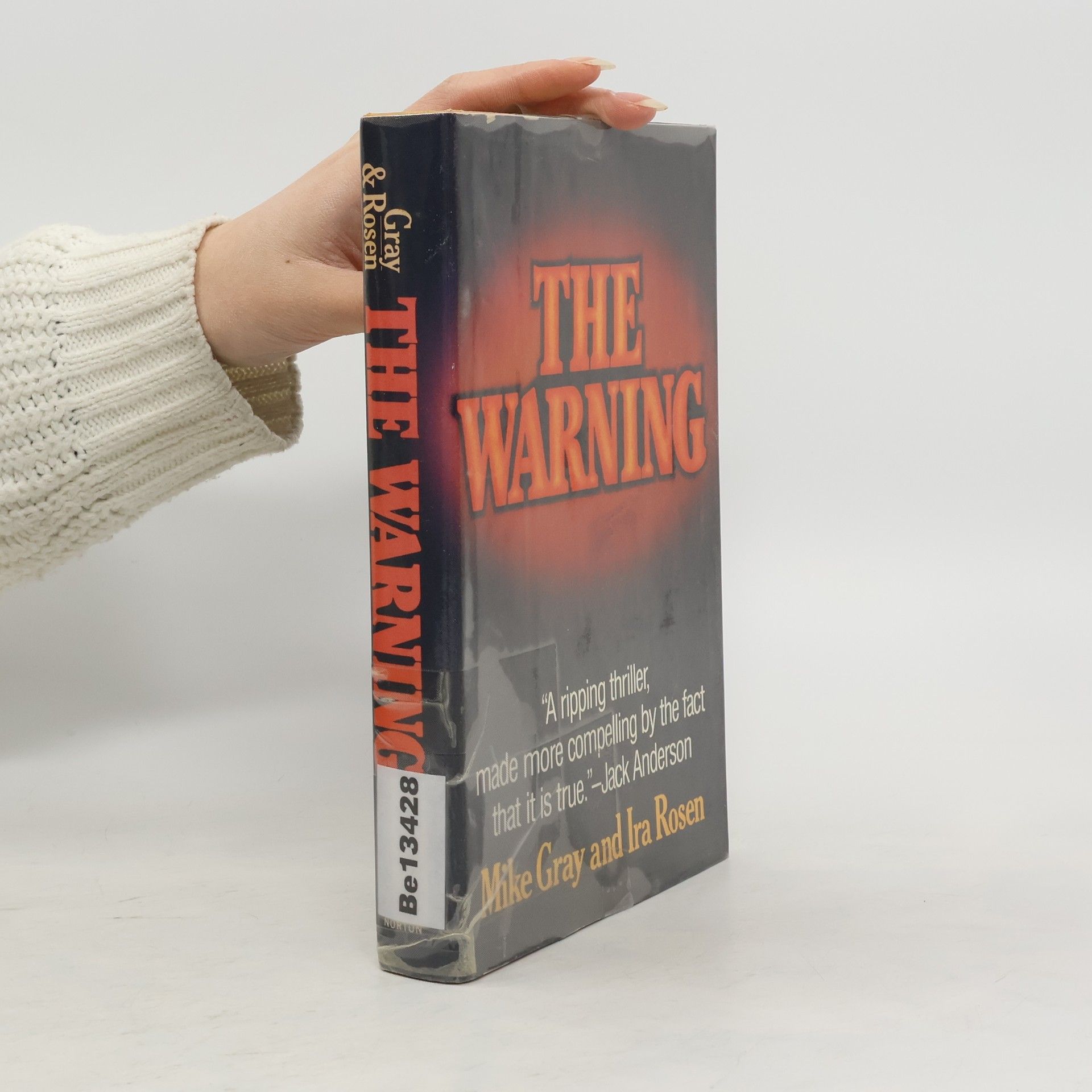By 6:00 a.m. on the morning of March 28, 1979, the reactor core at Three Mile Island was thirty minutes away from a meltdown, an apocalypse that would render a huge swath of eastern Pennsylvania permanently uninhabitable. The control room crew, overwhelmed by flashing alarms and klaxon horns, is at a loss. The memo that would have warned them was never sent.Originally published in 1982, this factual, riveting thriller was the first account of the accident based on exclusive interviews with key operating personnel. Mike Gray, author of The China Syndrome, and Ira Rosen, former producer for CBS's 60 Minutes, have updated this jackhammer narrative of mechanical failure and human error with an analysis of the current threats to our nuclear power plants.Today the nuclear option is again on the table. Before we head down that road, it's important to understand what went wrong that fateful morning when the future of Harrisburg hung by a thread.
Mike Gray Libros
Mike Gray fue un escritor y cineasta estadounidense cuyo trabajo profundizó en temas contemporáneos y desafíos sociales. Su escritura a menudo exploraba temas complejos como accidentes tecnológicos y la guerra contra las drogas, revelando una aguda perspicacia sobre la experiencia estadounidense. El enfoque de Gray ofreció una lente crítica sobre las preocupaciones apremiantes de su tiempo. Sus contribuciones ofrecen una perspectiva significativa sobre el panorama social y político que representó.
